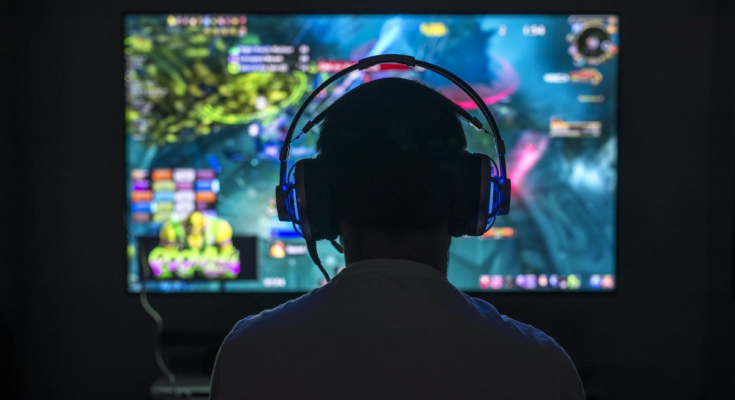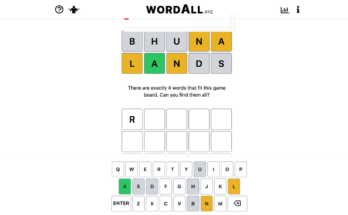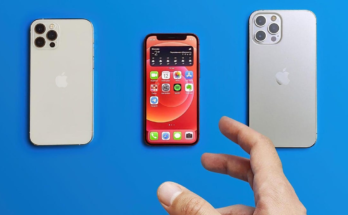
How often do you buy video games? Are you someone who frequently drops $60 on the latest Nintendo title, or do you wait for only those games you’ve been watching closely? Regardless, no matter your purchasing habits—no matter how sure you are that you want that game—whenever possible, you should always try its demo before you buy it.
Game demos help you make smart buying decisions
Video games are expensive. AAA titles traditionally run $60, with some in this latest generation asking $70. That said, I always like to point out that many video games cost $60 back in the 90s, which definitely makes games today look a bit more affordable by comparison.
But I digress. $60 or $70 in 2021 is still a lot of money. Even indie games and older titles that likely cost much less can still add up if you’re an avid gamer; it can be all too easy to buy a “cheap” game here and there, only to find your credit card statement filled to the brim at the end of the month.
Demos can really help here. They satisfy that desire for the “new;” you want to play something fresh and different from what’s in your collection, but instead of getting bored of a $60 game after a few hours, the demo was free. If you really enjoyed the demo, and feel buying the full game is worth the price, good! Do it, and support the game developers along the way. However, if the game wasn’t what you expected, or it doesn’t feel worth the cost, you’ll know that free of charge.
G/O Media may get a commission
But you might already know these inherent benefits of playing the demo. I’d argue there’s a second, more pressing reason to give these demos a play first; there aren’t enough of them.
Playing demos can inspire more demos in the market
Demos are not overly common these days. Sure, there are demos out there; you can play the demo for Metroid Dread, for example, and you can try Minecraft for free on PlayStation. But for many titles, there is simply no way to try before you buy. Your only option is to watch as many reviews and play-throughs as possible online, which doesn’t have the same impact as being able to play the game yourself.
Eventually, you might feel you have no choice but to drop the money on the game. Maybe it was the right decision, and you’re thrilled with your new adventure. Or, maybe the game wasn’t exactly what you thought it’d be, and now you have buyer’s remorse. Again.
So, what are we to do? Well, play the demos, of course. If more people played demos for games before buying them, perhaps developers would think to include them more often. After all, if these studios were hoping to capture as much of an audience as possible, wouldn’t they want that audience to be able to see if a game is right for them?
I can’t speak for these studios, but I can imagine one concern would be that giving players demos would dissuade them from purchasing the game if they found they didn’t like it. While that’s certainly an anti-consumer philosophy, I think they’d find that more people would end up buying their game—I can’t be alone in only buying games when I really want one. If I had the opportunity to try more games out, I might find other titles I didn’t know I wanted.
I found this to be the case when I bought a PSVR; because of how novel the system was, Sony created different “demo discs,” which featured a collection of demos for VR games that let you experience different genres of virtual reality games. It was genius; I quickly found games I had to buy. If that same spirit could be applied to more new games, I’m sure I’d end up buying them more often.
Until then, you can browse demos that are available online, as well as on your system’s e-shop. I’ve linked the demo lists for Nintendo, Sony, and Microsoft here; give these lists a browse, and see if there are any titles that interest you. The demo might just help you make a new purchase.



